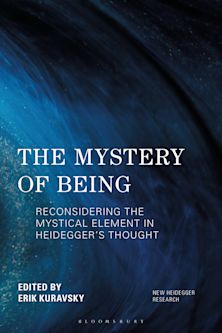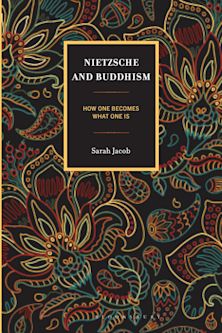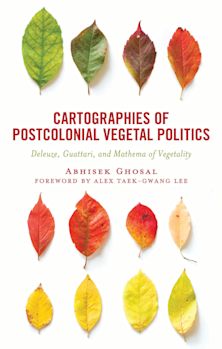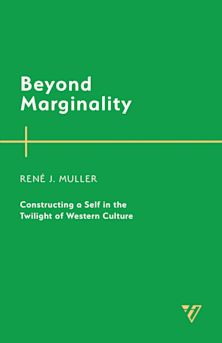Schopenhauer's Buddhism
A Historical-Philosophical Inquiry
Schopenhauer's Buddhism
A Historical-Philosophical Inquiry
This product is usually dispatched within 2-4 weeks
- Delivery and returns info
-
Flat rate of $10.00 for shipping anywhere in Australia
Description
In a letter from May 10, 1852, to Adam von Doß, Arthur Schopenhauer declared himself to be a Buddhist. From 1825 until his death, he never stopped searching for more information on Buddhism, with his thirst for knowledge of it growing over time. Schopenhauer’s Buddhism: A Historical-Philosophical Inquiry is the first study to do justice to Schopenhauer’s passion for Buddhism, reconstructing the notions of Buddhism he acquired through his readings on Buddhism as well as their influence on his thought. Laura Langone examines what Buddhism meant for Schopenhauer, what kind of Buddhism Schopenhauer had in mind, and how Buddhism shaped his philosophy. This book examines how the assimilation of Buddhist tenets through his Buddhist sources led him to incorporate the Buddhist concept of palingenesis into his philosophical system, which introduced a radically new metaphysical framework. Ultimately, Schopenhauer’s incorporation of Buddhist palingenesis illustrates how Buddhism deeply spurred him to develop new and innovative ideas previously unthinkable in Western philosophy.
Table of Contents
Chapter 1: Schopenhauer’s Philosophy and Readings on Buddhism until 1818: The Early Years
Chapter 2: From 1818 until 1844: Religion, Genius, and Nirvana
Chapter 3: From 1850 Onwards: Asceticism, Negation, and the Ultimate Reality
Chapter 4: The Legacy of Schopenhauer’s Buddhism: Wagner and Nietzsche
Conclusion
Appendix: Further Reading
Bibliography
About Author
Product details
| Published | 17 Jul 2024 |
|---|---|
| Format | Hardback |
| Edition | 1st |
| Extent | 226 |
| ISBN | 9781666969504 |
| Imprint | Lexington Books |
| Dimensions | 235 x 158 mm |
| Series | Contemporary Studies in Idealism |
| Publisher | Bloomsbury Publishing |
Reviews

ONLINE RESOURCES
Bloomsbury Collections
This book is available on Bloomsbury Collections where your library has access.


































